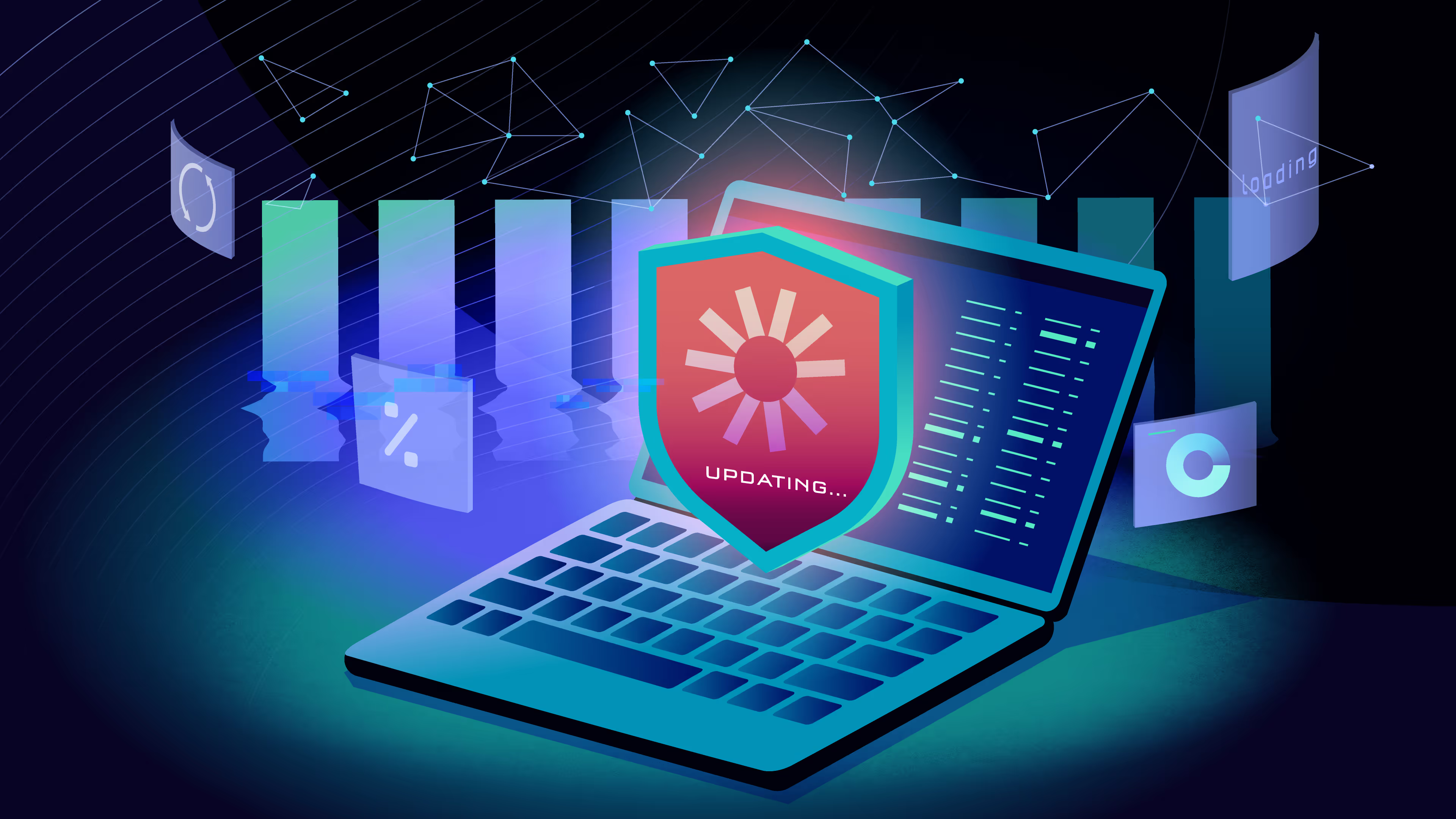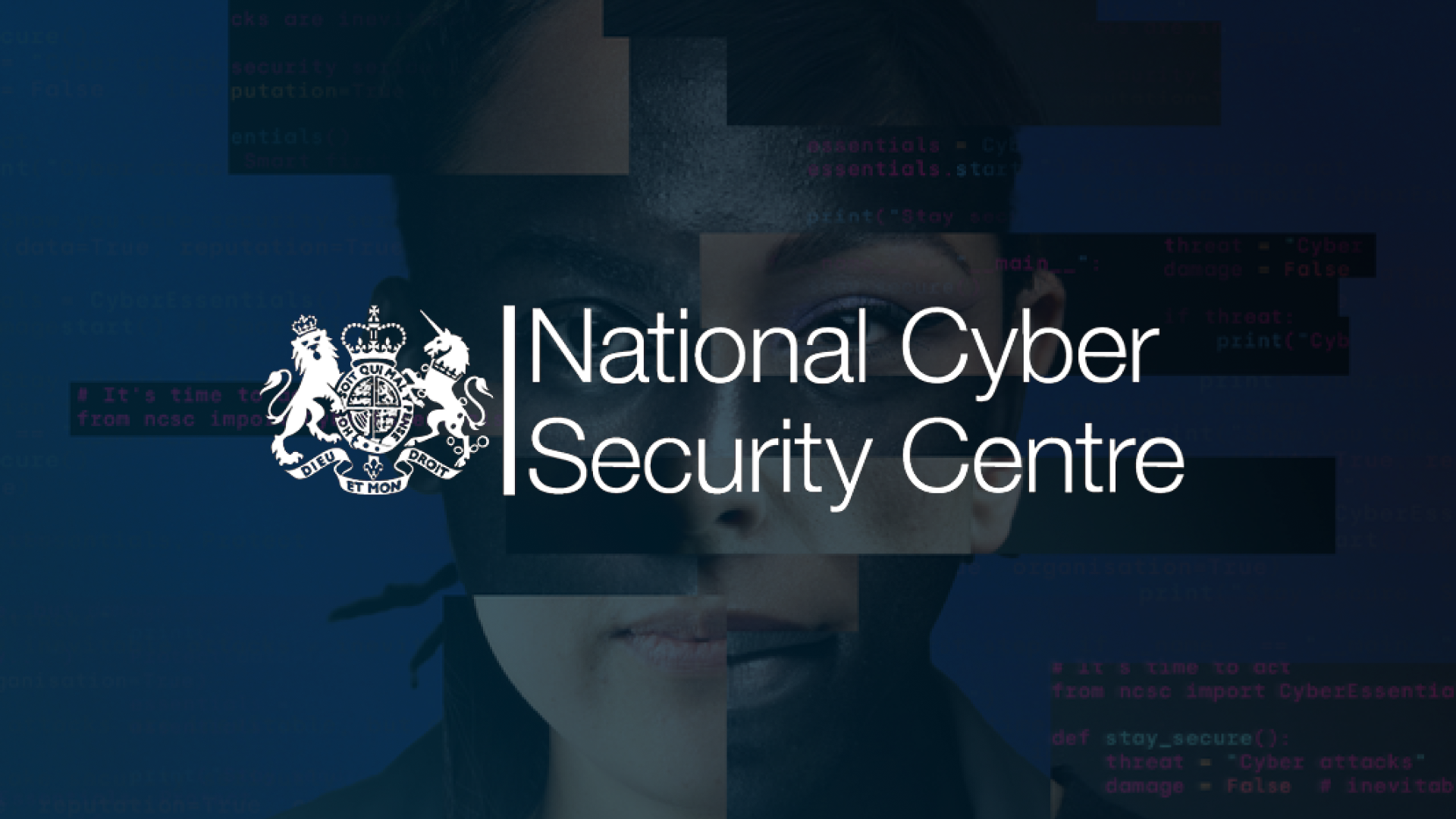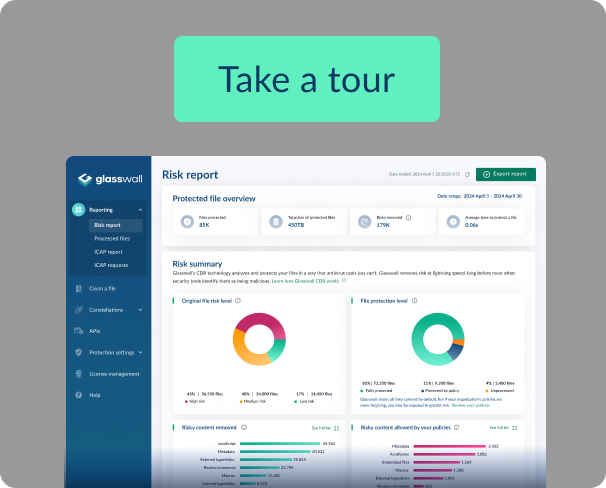Glasswall: avoid operational downtime with our minimal patch technology
Staying ahead of cybersecurity threats is a constant challenge. Traditional antivirus and security solutions require frequent patching or signature updates, which include information about new and emerging threats. While these patches are necessary, they can also introduce risks and complications, as seen in recent high-profile incidents where patching issues have led to security vulnerabilities and extensive operational downtime for organizations.
The risks associated with patch management are well-known in the cybersecurity industry. Incorrectly applied patches, delayed updates, and vulnerabilities introduced by patching errors can all lead to serious security incidents. Glasswall approach this differently, our Zero-Trust CDR engine remains effective without hourly updates or new signature bases. We do release newer versions of our software regularly, about once every two-to-four weeks, and during these releases, we often update our components and dependencies to mitigate any risk we've detected from our various tooling.
Glasswall’s patch-light approach to cybersecurity
Glasswall takes a fundamentally different approach to file-based threats with its proactive Content Disarm and Reconstruction (CDR) technology. Rather than relying on signatures or constant updates, CDR disarms and reconstructs files to eliminate all potential threats before they have a chance to execute. This proactive threat mitigation removes any harmful content, ensuring that your systems remain secure even against zero-day threats and unknown malware. With CDR, your files are sanitized at the point of entry, providing robust protection without relying on traditional detection methods.
Here’s how our approach differs:
No need for frequent patches to counter zero-day threats: while some components of our solution may require occasional updates, our core technology is fundamentally patch-free. Unlike traditional solutions that rely on continuous signature updates to recognize and counter zero-day threats, Glasswall’s CDR technology is as effective today as it was last week, without the need for signature updates or reactive patching.
Proactive threat mitigation: by disarming and reconstructing files, Glasswall removes any potentially harmful content before it even has a chance to execute. This proactive approach ensures your systems remain secure, even against zero-day threats and unknown malware.
Operating in user space: another critical advantage of Glasswall is that our software operates entirely in 'user space,' meaning it doesn't require special permissions and doesn’t interact directly with the operating system's kernel, unlike traditional antivirus software. Antivirus solutions often need low-level OS permissions and drivers to function, making them susceptible to issues like bad patches that can destabilize or even “brick” the OS. Since our
technology doesn’t rely on deep system (kernel space) access, it avoids these complications while delivering strong security efficacy.
Operational efficiency: without the need for constant patching and updates, Glasswall reduces the operational burden on IT teams. This leads to fewer disruptions, lower costs, and a more stable and secure IT environment. With no risk of bad patches causing system crashes, Glasswall enshrines business continuity.
The future of cybersecurity is seamless
As cyber threats continue to evolve, the need for a more reliable and less disruptive approach to cybersecurity becomes increasingly clear. Glasswall is leading the way with our innovative CDR technology, providing organizations with a more secure, efficient, and cost-effective solution that doesn’t rely on constant patching to stay ahead of threats.
In a world where traditional security products require constant attention, updates, and permissions, Glasswall offers a cutting-edge alternative—one that keeps your systems safe, your operations smooth, and your security teams focused on what really matters.








.png)
